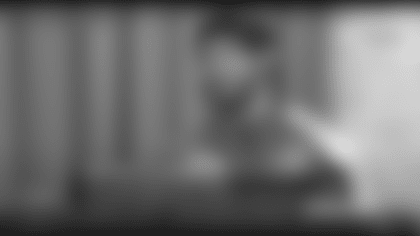It's Scouting combine week.
This will be the 19th one for me, and yes, things have changed in Indianapolis over time. The Colts built a new stadium in that time, and the event certainly has grown in terms of media attention, TV coverage and fan engagement. The NFL has changed too, how they look at certain positions and the like.
But what hasn't really changed is the reality of what the Scouting combine provides. Cardinals GM Steve Keim has said it over and over through the years, and he reiterated it again recently -- as I paraphrase -- that it's so important that the scouts give the priority to what a player did on the field in college rather than what he might do, on air without pads, running a 40-yard dash, bench pressing 225 pounds or running a three-cone drill.
The Cardinals, for instance, always focus on the night interviews when they try to get to know about a player (as much as you might in 15 minutes). They focus on the medical checks. The on-field stuff will be looked at, but it won't (or at least, it's not supposed to) completely change the trajectory of a player's grade after actually scouting him playing college football.
Everything is eventually factored in, of course. The fact Vontaze Burfict flopped at his combine -- falling from one-time potential first-round pick to undrafted -- cost him dearly, but not just because he flopped. It was because that showing emphasized the other (bad) things that had been discussed about him in college. If a kid is considered somewhat slow and then suddenly flies in his 40 and was a good player otherwise, sure that might boost some stock. Mostly though, guys are going to be athletically what people already thought they would be.
But for many of these kids, this is the first meeting with the power brokers on each team. And just like any initial job interview us non-athletes have, that first impression makes a difference. Sure, they will be coached up by agents. It is these moments, however, why Indy matters.
















